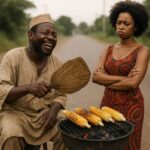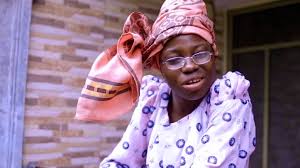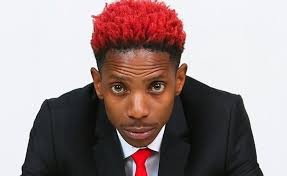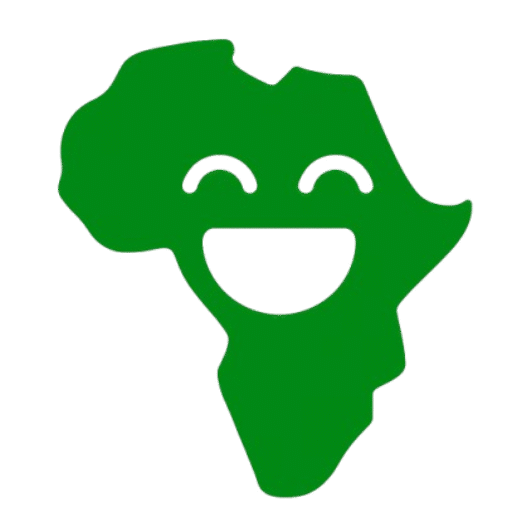Trevor Noah is often introduced as “the South African comedian who took over The Daily Show,” but his story is far richer than that. His comedy, identity, and experiences speak to many of us across Africa (and beyond). What follows is a portrait of Trevor that reflects both the humor we see on stage and the vulnerability, conviction, and complexity behind it.
Early Life — Complexity in Identity
Trevor was born in 1984 in apartheid South Africa to a Black Xhosa mother and a white Swiss father. At that time, their relationship was illegal under the law. His family situation wasn’t just difficult socially; it shaped his identity in deep ways.
– He says: “I was born in a country where mixing was a crime… and then I was of such mixed origins.” That duality meant that from childhood, Trevor felt he was always navigating between worlds.
– Language became more than communication; it was survival and culture. He grew up speaking multiple languages — English, Xhosa, Afrikaans, among others. Language shaped his ability to connect across African diversity.
The Comedian, the Observant Outsider
Trevor uses comedy not just to make people laugh, but to make people think. He often leans into his perspective as an “outsider”—someone who sees both the privilege and the pain in systems of power.
Some of his recurring themes:
- Race, belonging, and systemic injustice — Drawing from apartheid-era South Africa but also reflecting on America and elsewhere. The continuity of racial dynamics across societies is central. Vanity Fair
- Language & identity — How what you speak, whom you speak to, how you are addressed matters. It’s how identity is reinforced or denied.
- Resilience & nuance — He often talks about hardships, but what stands out is how he frames them: not as purely tragic, but as fertile ground for growth. His humor often comes from tension, from the in‑between.
Major “Turning Points”
These are moments where the course changed — when he moved from being “another comedian” to becoming a voice that many listen to.
- Publishing Born a Crime — His memoir, which tells his early life in vivid stories, exposed the stakes of identity, racism, family, poverty. It resonated globally and shows how deeply personal stories can travel.
- Taking over The Daily Show in 2015 — Stepping into big shoes after Jon Stewart could have crushed someone less steady. Trevor brought new angles: immigrant perspective, outsider’s lens, humor infused with humanity.
- Activism, speeches, writing beyond stand-up — He hasn’t stuck only to comedy. Whether it’s podcasts, books for children (Into the Uncut Grass), or speeches like at the Global Citizen Festival, Trevor uses many platforms.
What Defines His Voice
Here are some elements that make Trevor Noah’s style and appeal unique, especially for an African audience:
- Humor with humility
He’s not loud‑mouth, he doesn’t lean into shock for the sake of shock; he often laughs at himself. His reflections on race or conflict are often tempered by self‑awareness. - Complexity & multiple perspectives
He resists the simple “us vs them”; he pushes us to see systems, to understand history, to question assumptions. - Storytelling rooted in place
Apartheid, Soweto, his mother, his languages — these are not just backdrops but active influences in his thought. He draws from these to connect with many Africans’ experience of colonialism, identity, struggle. - Optimism in spite of pain
He doesn’t sugarcoat suffering, but he doesn’t stay there. In his speeches he encourages action: to change, to improve inequality, to use humor and voice as tools for transformation.
Lessons & Takeaways
From Trevor’s journey, there are lessons many of us in the Afro Comedy scene can apply or reflect on:
- Authenticity is powerful — bringing in what’s real (identity, culture, language) makes the comedy richer, more honest, more relatable.
- Don’t shy away from big topics — race, politics, societal injustice, identity — these are heavy, but many audiences want to engage. Humor doesn’t cheapen them; it can open doors.
- Use multiple storytelling tools — not just stand-up, but books, podcasts, speeches; these expand reach and depth.
- Balance seriousness with levity — you can critique and challenge, but laughter is often the bridge that allows people to engage without shutting down.
- Own your perspective — as someone who grew up where most didn’t, Trevor used “outsider status” not as a weakness, but as a vantage point. Many African comedians sit between cultures or identities; that can be a strength.



















